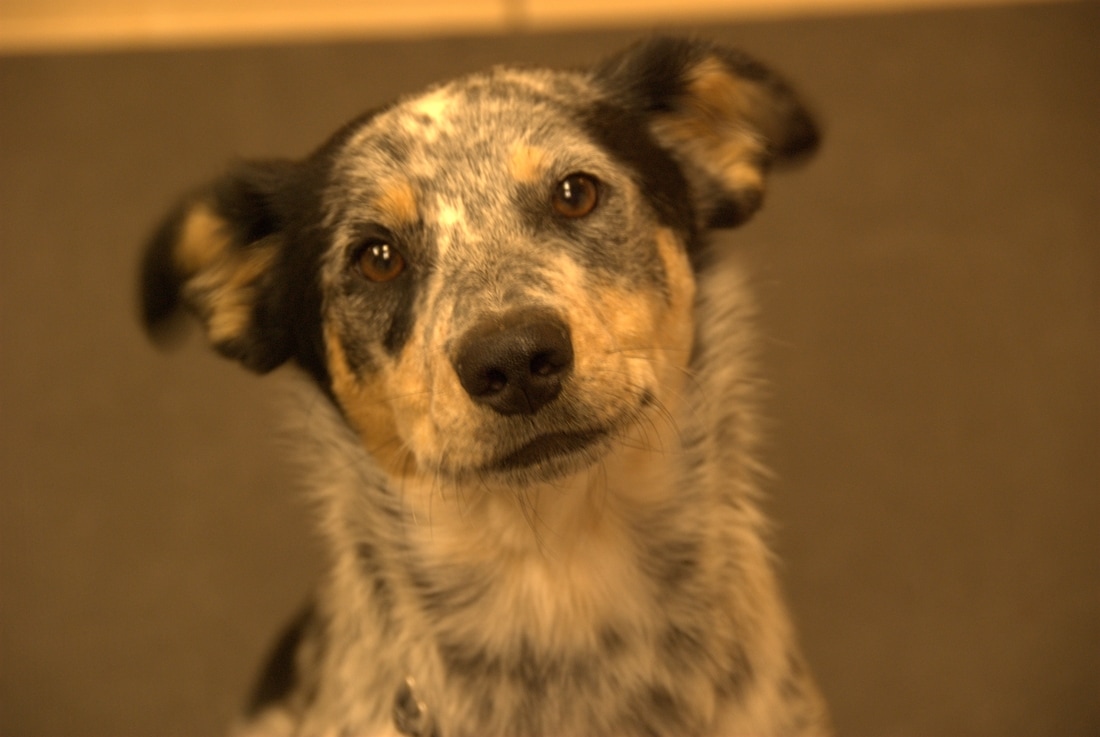|
I know it happens and I understand.
Your cat gets into a fight, your dog comes up limping, your rabbit starts sneezing, your chicken just doesn’t look quite right… so you wait “a few days to see if it gets better.” Sometimes that’s OK, sometimes it’s not. The problem is that I cannot necessarily give you any good guidelines for telling the difference. Sometimes it’s not even possible to tell you whether or not it’s OK to wait when you call us. And while waiting may save you an exam fee and “a wasted trip,” sometimes waiting costs more money and has an adverse effect on your pet’s outcome. One example is Midnight, the limping cat who got into a fight with a neighborhood bully almost a week before coming in. The swelling in his leg, which started the next day, improved with time, but Midnight was still unable to use the leg. The family was unable to appreciate that the swelling happened to be directly over a complex joint, and that the joint had been penetrated. By the time Midnight came in, the abscess had ruptured and was dripping joint fluid and pus. A situation that could have been treated within the context of an office appointment with 2-3 weeks of antibiotics, and a follow-up appointment, if he had been seen the day after the fight, required lavage and repair of the joint capsule, placement of a drain under the skin and a flesh wound repair, and 2 follow-up appointments with 6 weeks of antibiotics. Another example is Harry the sneezing rabbit. Harry had been sneezing for about a month, and his appetite and activity seemed to be normal, but the sneezing was becoming more vigorous and more frequent. Since the change had been so gradual, his family failed to observe Harry’s progressive weight loss and the change in his stool from normal pellets to dehydrated little rocks. When Harry came in, he was underweight, had a runny nose, and he was developing pneumonia. After a week of antibiotics, his family realized how sick he had been when they saw his activity, appetite, and stool return to normal. If you see your pet do something, like jump off the couch or get into a fight, and they seem painful or even just “off” and aren’t basically normal the next day, bring them in for an exam. If your dog misses a meal or vomits once but seems OK otherwise, go ahead and watch for a day or two, but make a note on your calendar to help you keep track of when it happened. If your cat misses a meal or vomits, call your veterinarian to see whether you should watch him or bring him in. Cats should not skip meals, and vomiting more than a few times a year can be an indicator of underlying problems. If your rabbit, guinea pig, rodent, or chicken (unless she’s molting) misses a meal, call. These guys should never stop eating – if they do, there is a problem. Anything else that your animal companion does that is abnormal, put on your radar. If you notice your pet doing it a third time, call your veterinarian. An incident that may not be a huge warning signal for some animals may be a problem for your own pet, depending on his previous history. And you, as the caregiver, know better than anyone what that history is.
0 Comments
|
AuthorsDr. Brenda Mills and staff members Archives
January 2021
Categories |

 RSS Feed
RSS Feed